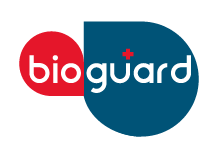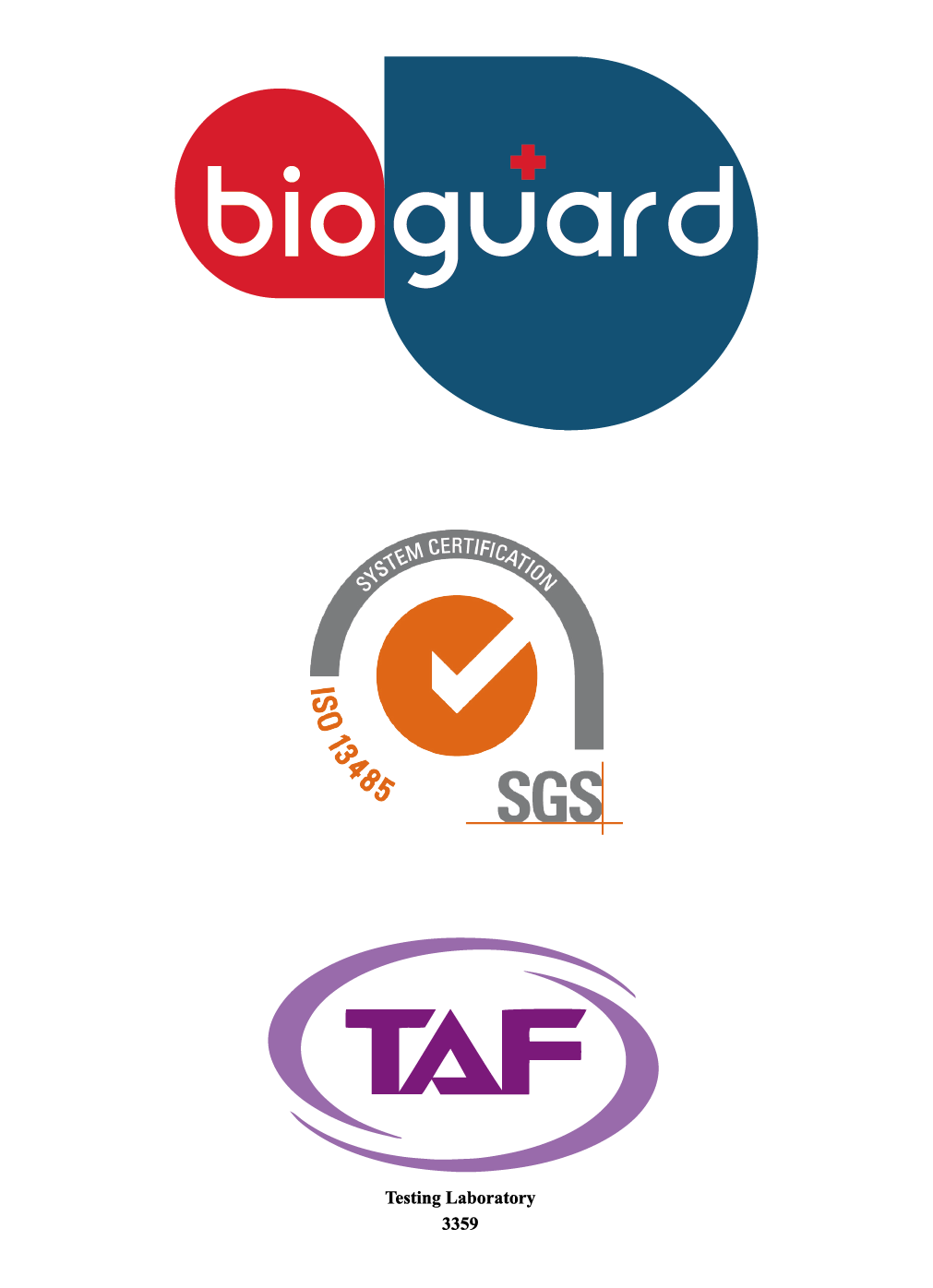Progesterone, PG (ECB007)
Progesterone, PG (ECB007) Progesterone, PG Specimen type Serum Contents Reference range: 10-50 ng/mL Progesterone levels in dogs are crucial for determining the optimal breeding time and monitoring pregnancy health. It typically peaks during the luteal phase of the estrous cycle. This test is used for breeding and also diagnosing reproductive issues.
Total Testosterone, TT (ECB006)
Total Testosterone, TT (ECB005) Total Testosterone, TT Specimen type Serum Contents Reference range: 0.5-9.0 ng/mL Total testosterone hormone in dogs is key for reproductive health, influencing behaviors such as aggression and marking. Measuring total testosterone levels helps diagnose reproductive issues and monitor the effectiveness of treatments like neutering.
Estradiol, E2 (ECB005)
Estradiol, E2 (ECB005) Estradiol (E2) Specimen type Serum Contents Reference range: 25-65 pg/mL Serum estradiol concentration is used to assess the stage of the estrous cycle in female dogs and to diagnose hyperestrogenism in dogs with suspected testicular tumors. Additionally, estradiol levels are measured as part of an adrenal panel to diagnose atypical Cushing’s syndrome […]
Cortisol (ECB004)
Cortisol (ECB004) Cortisol Specimen type Serum Contents Reference range: 0.8-6.0 μg/dL Cortisol hormone in dogs plays a vital role in managing stress, metabolism, and immune response. Dogs with hyperadrenocorticism show clinical signs of an increase in appetite, increase in water consumption, and urinating more. Many of these dogs develop a bloated or “pot-bellied” appearance to […]
Free Thyroxine, Free T4 (ECB003)
Free Thyroxine, Free T4 (ECB003) Free Thyroxine (Free T4) Specimen type Serum Contents Reference range: 0.57-2.93 ng/dL Free Thyroxine is the biologically active form of the T4 hormone and most accurately reflects thyroid function in dogs. Hypothyroid dogs have low serum concentrations of free T4.
Thyroid-stimulating hormone, TSH (ECB002)
Thyroid-stimulating hormone, TSH (ECB002) Thyroid-stimulating hormone, TSH Specimen type Serum Contents Reference range: 0.00-0.45 ng/mL Hypothyroid dogs have high serum concentrations of TSH. Normal or low TSH levels do not necessarily exclude the condition.
Thyroxine, T4 (ECB001)
Thyroxine, T4 (ECB001) Thyroxine (T4) Specimen type Serum Contents Reference range: 0.8-5.0 μg/dL Thyroxine (T4) hormone in dogs is crucial for regulating metabolism, growth, and energy levels. Evaluating total T4 (TT4) is effective for ruling out hypothyroidism or monitoring dogs on levothyroxine supplementation. Hypothyroidism is a common condition in dogs that can lead to unexplained […]
Elderly endocrine panel (ECS003)
Elderly endocrine panel (ECS003) Thyroxine (T4) Cortisol Specimen type Serum Contents Canine elderly endocrine panel includes thyroxine and cortisol that helps assess thyroid and adrenal gland function in older dogs. This testing is crucial for detecting age-related endocrine disorders such as hypothyroidism and Cushing’s disease, which are common in senior dogs. Early detection through this […]
Canine endocrine panel (ECS002)
Canine endocrine panel (ECS002) Thyroxine (T4) Thyroid-stimulating hormone (TSH) Free Thyroxine (Free T4) Cortisol Specimen type Serum Contents Canine endocrine panel includes Thyroxine, TSH, free thyroxine, and cortisol that provides a thorough evaluation of both thyroid and adrenal gland function in dogs. This test helps veterinarians to diagnose various endocrine disorders such as hypothyroidism, hyperthyroidism, […]
Thyroid panel (ECS001)
Thyroid panel (ECS001) Thyroxine (T4) Thyroid-stimulating hormone (TSH) Free Thyroxine (Free T4) Specimen type Serum Contents Canine thyroid hormone testing measures the levels of Thyroxine, Free Thyroxine, and TSH in a dog’s blood to assess the thyroid gland function. This test helps diagnose conditions like hypothyroidism or hyperthyroidism.

